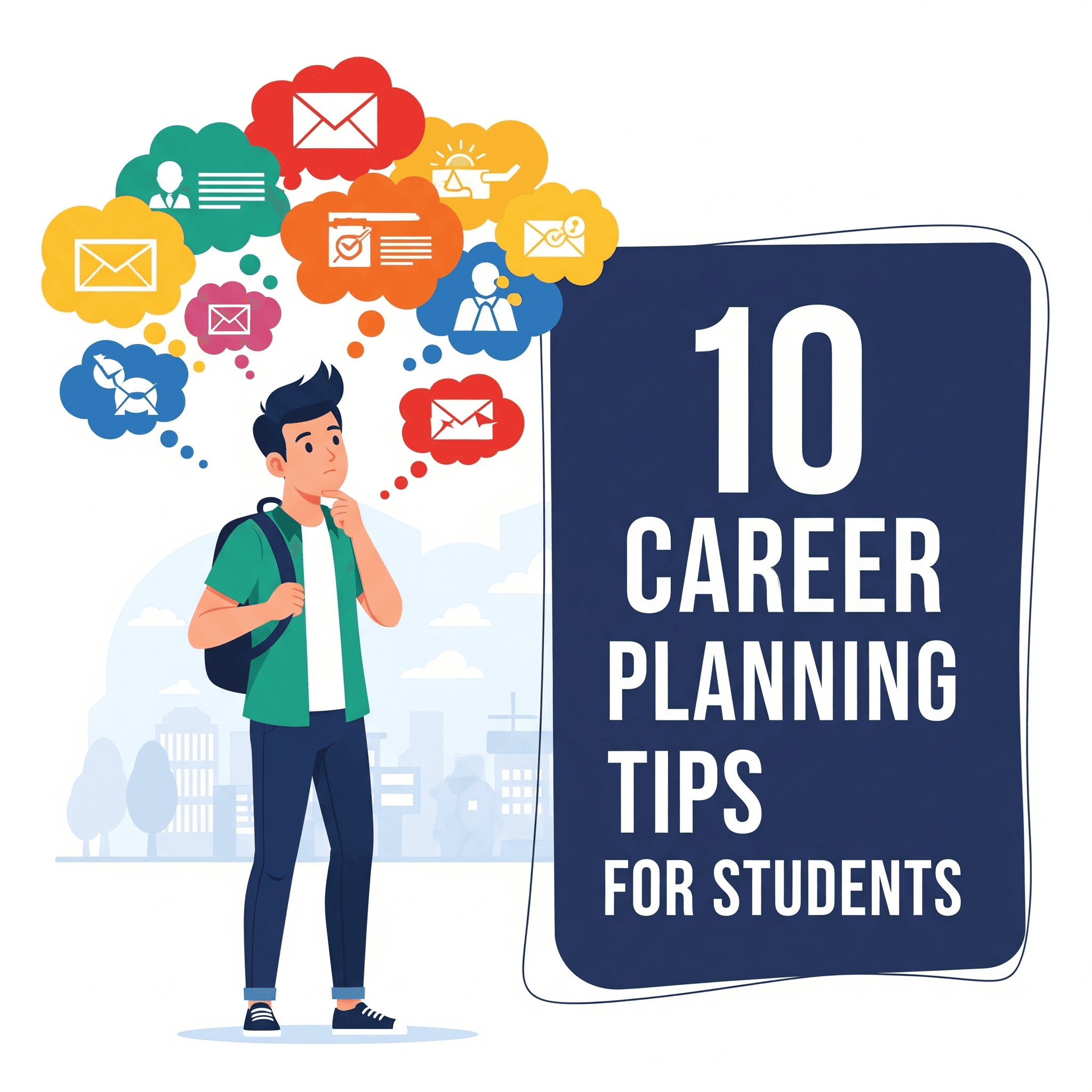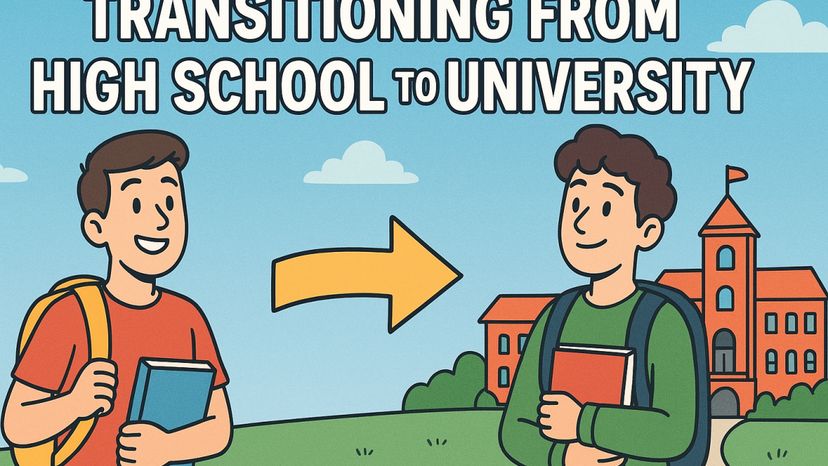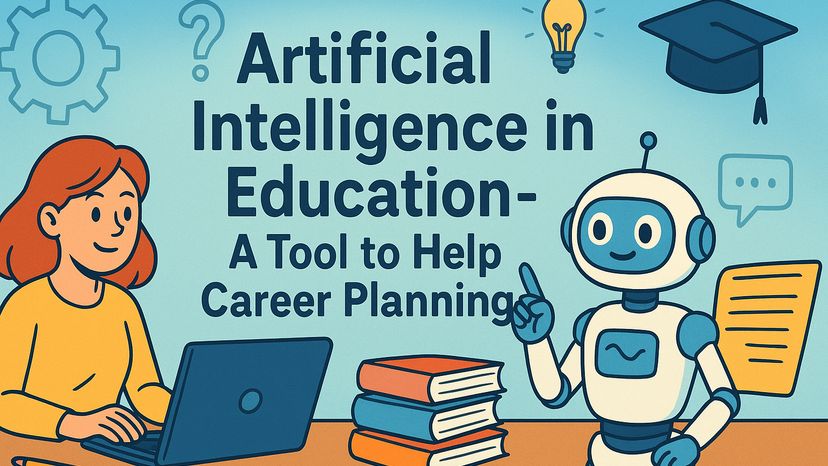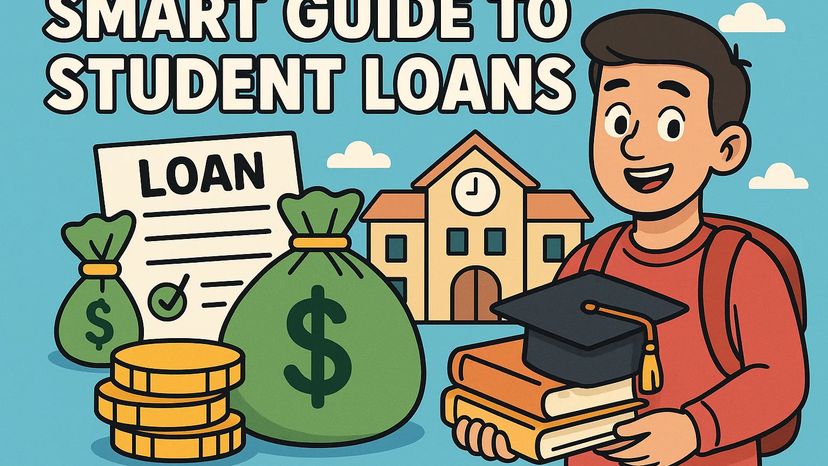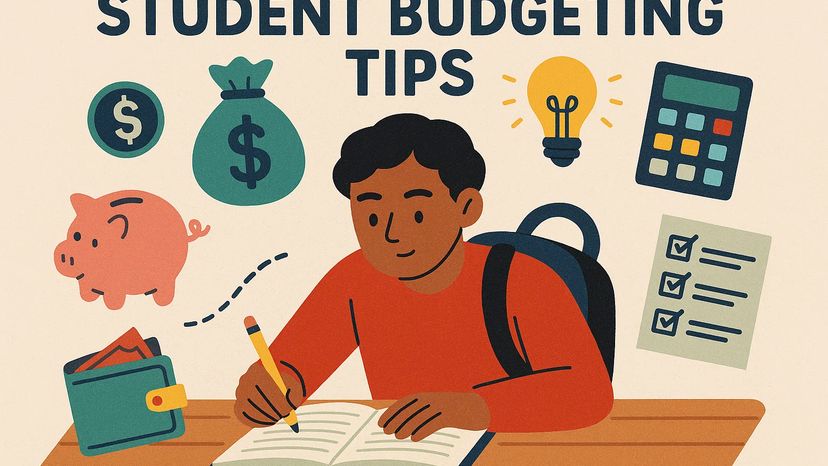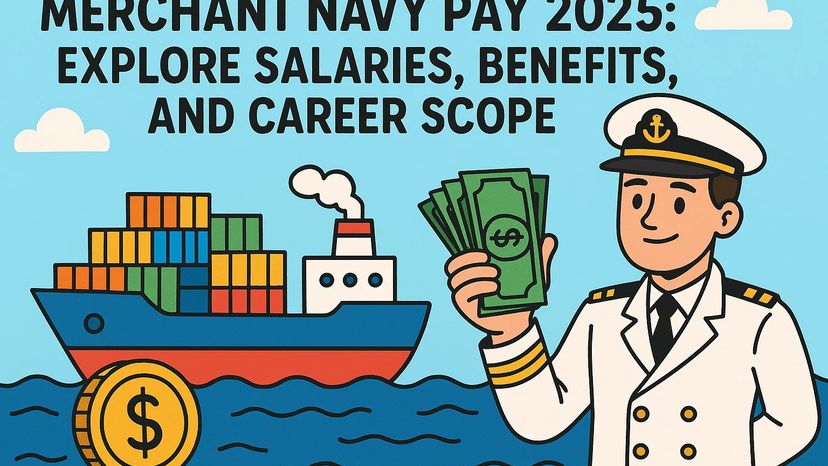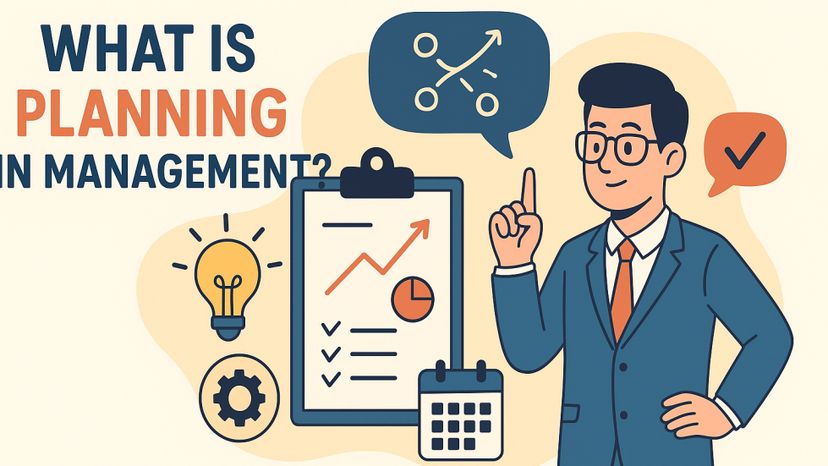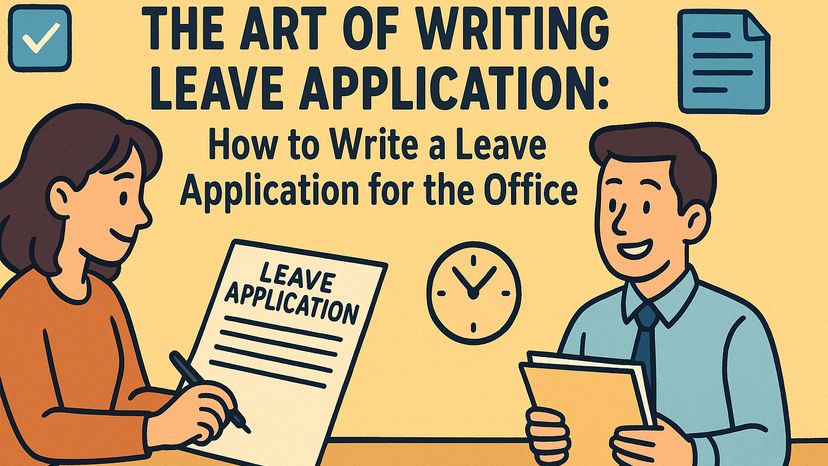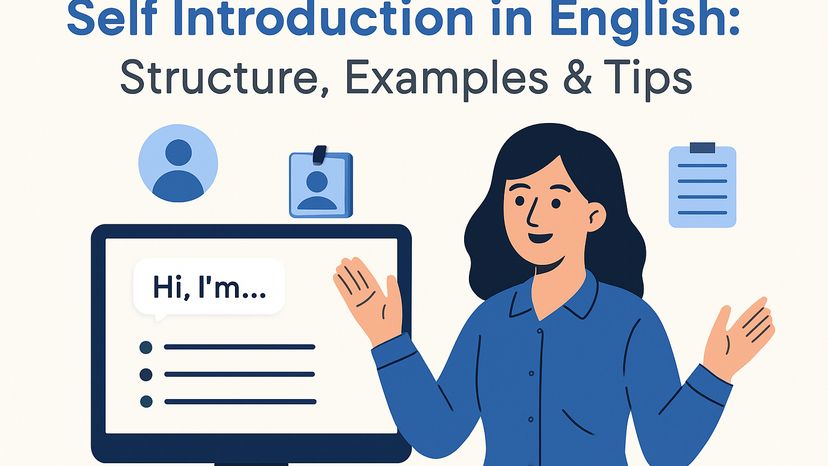Every student wishes to have a bright future, but your future from a school student into the world of work can be unclear. To put it another way, when there are so many different avenues and opinions to consider, even knowing where to begin, or begin to navigate the whole process can feel overwhelming. That’s where career guidance for students becomes essential. When you have career guidance and plan your career well in advance, the process can help you set your goals, look for opportunities, and develop a better understanding of the decisions you need to make to ultimately find success in the workforce. Irrespective of whether you're a high school, university or college student, this blog will give you practical and rationally structured tips that are simple enough to make decisions around when your career journey begins.
Each student will have a set of potential career pathways and reflect on their own experiences, however, for every tip provided, every student should take action. Some of these tips will involve self-reflection and some will require you to seek advice or feedback from experts. Each tip is designed to help you take informed action regarding which step is crucial in the career exploration process.
Tip 1: Know Yourself First
Being aware of yourself is the first area of priority. What are your strengths? What are your weaknesses? What are your passions? Jot down your hobbies, interests, values, and skills. Once we understand these areas, we can start to situate our personalities along their career paths. You can also complete tests to help you understand your abilities further, like the Infigon Futures psychometric test. This will give you a better understanding of your core capabilities, and from there you will be able to identify reliable sources that closely fit your goals for career aspirations for students.
Tip 2: Research Career Options
Based on what you have learned about yourself, it's time to research! There is a wide variety of career paths, industries, and job roles! Do not get drawn into only collecting research on the most researched opportunities. Look for places like blogs, interviewing and webinars as well. Check out the blog section on the Infigon Futures website for real experiences and insights on each industry. Well-rounded knowledge is critical to preparing more effectively in career mapping for students.
Tip 3: Decide on your Career Goals
Deciding on short-term goals and long-term goals allows you to work backward. Your short-term goals could include completing a subject well, and your long-term goal could be to be a digital marketer or a pilot. The point is to create realistic yet flexible goals that will inform what subjects you will take or skills you will need to develop.
Tip 4: Construct a Career Plan
Once you have finished your exploration of career options and have settled on your goals, it is time to construct a career plan for students. This could include:
- The course or degree you need
- The skills or certifications required
- Internships or workshops to attend
- The timeline for each step
Tip 5: Seek guidance from a Career Counsellor
There can be a significant difference from the guidance of a professional. A Counsellor will assist you to recognize your potential and help you determine your direction. Go to Infigon Futures Counselling Services to meet with professionals who rely upon their expertise and experiences to provide and develop tailored career guidance for students.
Tip 6: Develop Work Experience
Exposure to Internships, part-time jobs, and volunteering will better help you understand the working world. You will gain confidence, learn soft skills and experience aspects of your dream job. In addition, it allows for great resume experience. Ultimately the greater the experience you gain the greater clarity your career mapping for students has.
Tip 7: Develop Skills Outside of the Classroom
Don't limit yourself to just what your school or college teaches you. Get started on other skills such as public speaking, time management, coding, etc., based on your interests. You can find so many resources through online courses, YouTube and other educational sites.
Tip 8: Keep your mind open about changing
It is ok if you change your interests or goals. Career progressions aren't always a linear path. What's important is to stay adaptable and willing to learn. You can read success stories from Infigon, to see how many professionals figured out their career path after being confused.
Tip 9: Learn From Others
Speak to seniors, mentors or professionals in the field you are interested in. Ask them about their journey, struggles and advice. Similarly look for blogs such as Career in Travel and Tourism, to uncover new pathways and career opportunities you may not have thought of.
Tip 10: Track Your Progress
Evaluate your career plan for students every three to six months. What have you been able to do? What do you need to improve or work on? Maybe adjust your plan a bit. Regularly assessing helps to ensure your plan is still on course, and is a good way to keep motivation going. Regularly evaluating also provides you with opportunities to acknowledge and celebrate small gains, and identify where you need additional support. Over time, using a journal or progress log simply helps to make your career plan for students more streamlined and effective.
Frequently Asked Questions
Q1. At what age should I start my career planning?
Ans. You can ideally start career planning as early as high school. However, it is never too late. The important part is to start when you are in a position to investigate and learn about yourself.
Q2. How can I figure out what career is right for me?
Ans. I would suggest that you begin by knowing what your strengths, interests, and personality are. You can take a psychometric test online or talk to a professional and/or department that has Infigon Futures counsellors.
Q3. Is it acceptable to change my career goal later?
Ans. Yes, certainly! Your interests can change through your life experiences and changes. The important part is to change your path in line with what feels right and keeps you motivated.
Q4. What part of the career exploration process is key?
Ans. Knowing who you are and exploring career options. These actions are forming the direction for all the choices ahead of you.
Q5. What is the value of professional assistance in career planning?
Ans. Professionals provide a personalized perspective, assist you in understanding career trends and provide career paths that relate to your skills and personality. They provide invaluable support in providing career advice to students.

